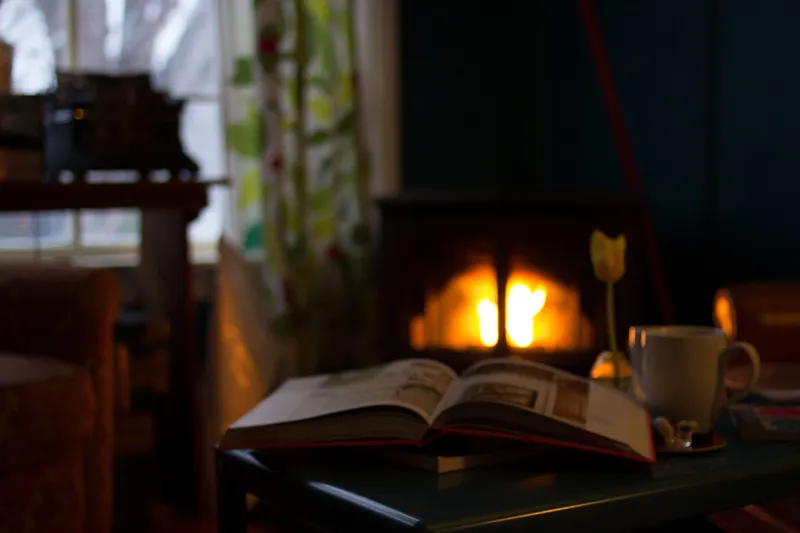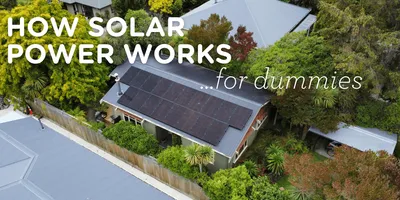How to heat your home efficiently
10/09/2018

We all want our homes to be warm, dry, and cosy during winter. The World Health Organisation recommends a minimum temperature of 18 degrees Celsius inside your home – higher if you have children, elderly, or disabled residents. In this article, we look at the big and small things you can do to help improve the efficiency of your home.
How homes lose heat
Insulation in your home creates a barrier to heat loss in floors, walls, and ceilings. It helps improve the efficiency of any heating system and can reduce your energy consumption, as well as the greenhouse gas emissions required to heat your home.
In order to keep costs down, older New Zealand homes often aren’t built with any insulation at all. If you live in an older home, you may notice any heating you do quickly dissipates.
Because heat rises, you lose the majority of your heat through the roof and ceiling.
What you can do to improve your home’s efficiency:
- Insulate your home. Good quality insulation improves the density of your walls, ceiling and floors, trapping more heat inside (while also preventing heat from getting in during summer). It’s cost-effective to install insulation in your floors and roof, and there are even government grants to help. If you are building or looking for a new home, choose one that also includes wall insulation. Find more insulation tips on Smarter Homes.
- Upgrade your insulation. If you already have insulation in your floors or ceiling, you might consider upgrading to a more thermally-efficient R-rating.
- Block draughts. Check your windows and doors for loose latches and hinges, and seal and gaps around the trim. Also check and replace rubber seals on aluminum joinery, fit weather stripping around windows and doors, use draught excluders along the underside of doors, block unused fireplaces, and seal gaps around wiring and plumbing passages.
- Close the curtains. Blinds and curtains can help reduce heat loss if they’re floor length and create a good seal. Draw the curtains as it’s going dark to help lock in the heat.
- Heat the room you’re in. You don’t need to heat the whole house at once – instead, heat the rooms you spend time in during the day/evening.
- Choose the most efficient heating options. Look at star ratings and choose the best performing unit for the size of the rooms you want to heat.
How to heat your home with clean, ethical energy
Where possible, avoid any heating system using gas or fossil fuels. The most renewable sources of heat are wood burners (although these do produce greenhouse gases) and electricity. Avoid open fires as they create draughts and are extremely inefficient.
Using electric heaters can be one of the most expensive ways to heat your home. However, a heat pump is vastly more efficient, especially in a well-insulated home.
To get the most efficiency out of your heating tools, make sure to clean and maintain them regularly.
By making wise choices and making small tweaks to your home, you’ll be able to create a warm, dry, and cosy atmosphere even on the darkest, dreariest winter nights.







